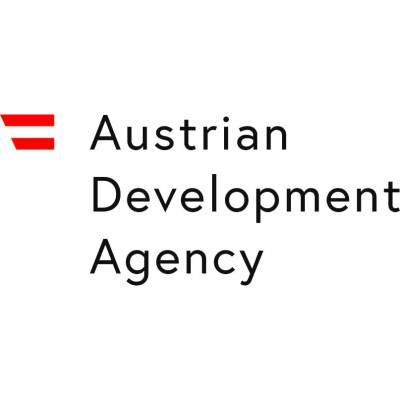Share
Print

INTEGRATED MULTISECTORAL EMERGENCY RESPONSE TO DROUGHT AND CONFLICT-AFFECTED AREAS IN WEST HARARGHE ZONE
Project sponsor: CARE Austria, Association for Development Cooperation and Humanitarian AidCountry: Ethiopia Funding amount: € 1,900,000.00 Start: December 1st, 2023 End: November 30, 2024
SHORT DESCRIPTION:
project goal
Integrated Multisectoral Emergency Response to Drought and Conflict-Affected Areas in West Hararghe Zone.
expected results
1) Livelihood assets of disaster-affected vulnerable households and communities are protected from further deterioration;
2) Improved access to nutrition services aimed at preventing, identifying and treating severe and moderate acute malnutrition among children under 5 and pregnant and lactating women (PLW);
3) Improved access and enhanced essential gender based violence (GBV) response services for drought and conflict affected communities in West Hararghe Zone;
4) Strengthened water, sanitation and hygiene (WASH) infrastructure and practices leading to improved health and well-being of vulnerable communities.
target group
The project aims to reach up to 64,500 direct beneficiaries (32,895F; 31,605M) affected by multiple shocks and stresses, including internally displaced people and host communities. Exact location: Hawi Gudina, Daro Lebu woreda, West Hararghe Zone, Oromia Region The project will be implemented in collaboration with local partners CARE Ethiopia and the Oromia Development Association (ODA).
Measures
The proposed activities are integrated multisectoral interventions in the areas of livelihoods, nutrition and health, WASH and GBV/Protection. The livelihood intervention focuses on provision of multi-purpose cash assistance. For sustainable recovery, CARE will also establish Village Saving and Loan Associations in Emergency (VSLAiE) groups for vulnerable women in order to increase their access and control over resources and use their collective power to overcome barriers. Nutrition and health components focus on treatment of moderate and acute malnutrition through provision of essential food supply as well as strengthening existing systems. GBV/protection activities are mainstreamed within the sectors. In addition, the intervention focuses on capacity building of frontline health care workers, community members, and government stakeholders on the prevention and response of GBV issues. CARE will also provide dignity kits and emergency cash assistance. Lastly, WASH interventions focus on rehabilitation of water schemes in an environmentally friendly manner
background information
Daro Lebu and Hawi Gudina woredas have been severely impacted by recurrent drought and conflict across borders, leading to increased internally displaced people and returnees as well as degradation of overall well-being. According to CARE’s rapid needs assessment, decreased agricultural production and livestock death have forced 80,000 and 67,543 people from Daro Lebu and Hawi Gudina respectively to search for humanitarian assistance due to loss of livelihoods. The woredas are classified as IPC Phase 3 (Crisis) for acute food insecurity and priority 1 woredas for food security by the West Hararghe Disaster Risk Management Commission. Furthermore, target woredas suffer from nonfunctional water schemes, leaving many with little water and increased risk of illness due to water collection from unprotected sources. Protection and GBV risks run high. Due to loss of livelihoods among many households, many girls are engaged in chat preparation which makes women and girls extremely vulnerable to GBV risks. In addition, women and girls are forced to travel long distances to collect water, exposing them to sexual assault and harassment.
